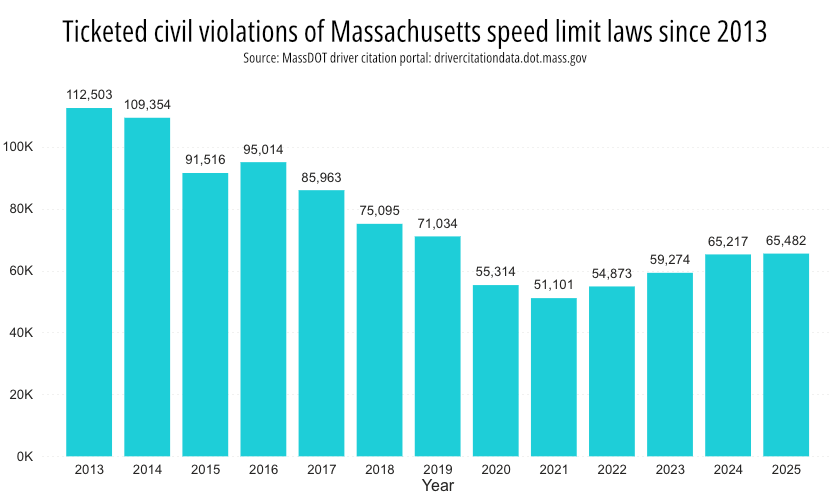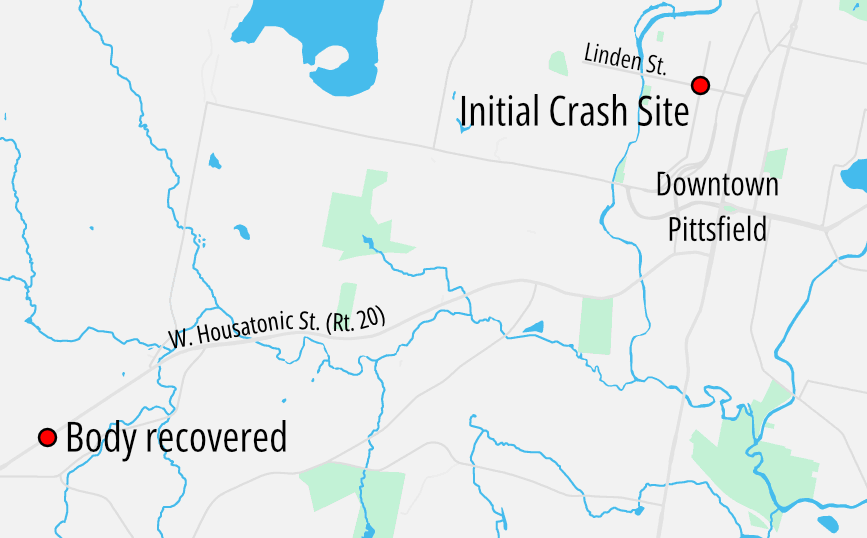Last week, key Democrats from the Joint Committee on Telecommunications, Utilities and Energy suddenly introduced and swiftly endorsed a bill that would repeal key provisions of the Commonwealth's climate laws.
House bill 4744, "An Act relative to energy affordability, clean power and economic competitiveness," would make the Commonwealth's short-term pollution reduction targets for 2030 "non-binding, and non-enforceable."
Current state law requires Massachusetts to halve climate-heating pollutants compared to 1990 levels by 2030, in alignment with scientific guidance from the United Nations' Intergovernmental Panel on Climate Change.
The bill would also slash the budget for the state's energy efficiency program, Mass Save.
Finally, the Democrats' bill would impose a requirement for "an affordability and competitiveness assessment" with consultation from business groups and utilities before any state agency takes any future action to regulate air pollution.
The legislation's lead sponsor, Rep. Mark Cusack of Braintree, introduced the 98-page bill on Monday, just before Veteran's Day.
Cusack, who is also the House Chair of the Joint Committee on Telecommunications, Utilities and Energy, called for the committee to vote on the legislation on Wednesday, with no public hearing.
A spokesperson for House Speaker Ron Mariano told Commonwealth Beacon last week that seven Democrats voted in favor of the bill. Four other members of the committee, including its two Republican members, refrained from voting.
The bill will now go to the House Ways and Means Committee for further consideration.
Bill sponsor amplifies fossil fuel industry talking points
Cusack's bill follows the lead of the Trump administration by implying that clean energy projects and energy efficiency drive up utility bills and threaten the state's "competitiveness."
“The number one goal is to save money and adjust to the reality with clean energy,” Cusack told Commonwealth Beacon last week.
Cusack's rhetoric bears a striking similarity to President Trump's arguments for withdrawing the United States from the Paris Agreement climate accords earlier this year.
Trump's January 20 executive order asserted that withdrawing from the international climate agreement would "put the interests of the United States and the American people first," and that the Paris Agreement had "the potential to damage or stifle the American economy."
However, while it's become a popular right-wing talking point to suggest that clean energy is more expensive, most real-world evidence refutes that claim.
The Trump administration's own Energy Information Administration has found that new solar and wind are considerably less expensive than methane gas-fired power plants, even without clean energy tax credits.
Massachusetts has some of the highest electricity rates in the nation, but that electricity still overwhelmingly comes from imported fossil fuels – chiefly methane.
Most other states that generate a higher share of electricity from wind and solar power – including Washington, Texas, Iowa, Vermont, and New Mexico – also have cheaper retail electricity rates.
Rep. Cusack collected more than $4,000 in new campaign donations from fossil fuel utilities and lobbyists when he filed his legislation last week, according to his latest campaign finance filings.
Environmental, consumer groups push back
The state's environmental groups and consumer advocates have scrambled to fact-check Rep. Cusack's claims in the past week, and are beginning to organize to stop the bill in the House Ways and Means Committee.
"Parts of this bill frame our ambitious climate goals as the enemy of affordability," said Mass Audubon President & CEO David O'Neill in a statement last week. “This is the exactly one of the moments that calls for strong, creative leadership from the legislature.”
In a blog post published last week, Larry Chretien of the Green Energy Consumers Alliance wrote that "given the support for clean energy in poll after poll and after last week’s election results from around the country, we are astonished that the legislature would now act to increase our dependence upon fossil fuels imported from out of state."
Bill would let MassDOT continue ignoring climate mandates
As we've reported here previously, traffic on the Commonwealth's roads and highways is the state's biggest source of climate pollution. The state's roads consistently generate considerably more pollution than its power plants and buildings.
To date, MassDOT, the state's biggest transportation agency, has not produced a credible plan for the state's transportation systems to meet the state's climate mandates.
By repealing the state's short-term pollution reduction targets and adding more red tape for pollution reduction initiatives, Rep. Cusack's bill would give MassDOT considerably more leeway to postpone the kinds of transformative public transit improvements and policy changes that will be necessary to preserve a habitable climate.





